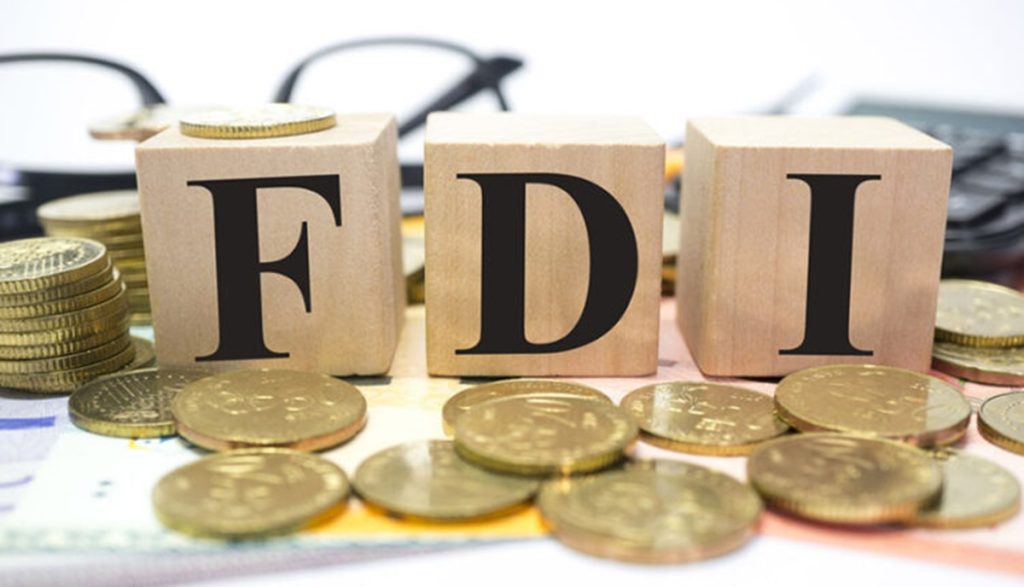The International Monetary Fund (IMF) projects 6 African countries to be among the top 10 fastest-growing economies globally by 2024, signalling untapped economic opportunities.
However, African countries face a financing gap of up to US$1.6 trillion until 2030, hindering the implementation of projects. Despite a decline in overall foreign direct investments (FDI) in 2023, Africa continues to experience significant expansion in greenfield investments, especially in the clean energy sector.
Additionally, with the African Continental Free Trade Area (AfCTFA) under development, investing in Africa provides access to a vast consumer base and natural resources.
Here are the 10 African countries that attracted the most FDI in 2023, according to the World Investment Report 2024.

Egypt – Despite a decline from US$11.4 billion in 2022 to US$9.841 billion in 2023, Egypt witnessed notable investment announcements, particularly in green hydrogen. The sector is set to maintain its appeal, bolstered by Egypt’s ambitious strategy to capture 5-8% of the global hydrogen market by 2040.
South Africa – Inflationary pressures and ongoing electricity challenges significantly dampened investment inflows into South Africa last year. In 2023, investments plummeted to US$5.233 billion, down sharply from over US$9.2 billion in 2022. Nevertheless, South Africa retained one of the highest shares of investment across the continent.
Ethiopia – Acknowledged by the IMF as Africa’s second fastest-growing economy with a growth rate of 6.2%, Ethiopia closely follows Cote d’Ivoire at 6.6%. Despite a slight decrease from US$3.6 billion in 2022 to US$3.263 billion in 2023, Ethiopia’s decision to liberalise previously restricted sectors for foreign investors signals a significant policy shift from its 1970s-era regulations, expected to drive future inflows.
Uganda – With stable macroeconomic policies and a conducive business environment, Uganda has emerged as a key FDI destination in the Great Lakes region, attracting US$2.886 billion in 2023, nearly matching its US$2.9 billion inflow in 2022. This consistent investment underscores Uganda’s growing appeal to global investors.
Senegal – Leading in West Africa, Senegal attracted US$2.641 billion in FDI in 2023, highlighting rapid economic growth and the transformative role of foreign investors. Notably, Senegal achieved its first oil production at the Sangomar field, a milestone facilitated by international partnerships, showcasing the country’s potential.
Mozambique – Mozambique secured US$2.509 billion in FDI in 2023, slightly down from US$2.4 billion in 2022. The country’s abundant natural resources, including gas, coal, and minerals, continue to attract investor interest, supported by recent legislative reforms aimed at enhancing investment incentives.
Namibia – Post-pandemic, Namibia experienced a surge in investment inflows, driven by increased activity in oil and gas exploration. The country attracted US$2.345 billion in 2023, nearly doubling the US$1.07 billion recorded in 2022. Investments in clean energy projects further bolstered Namibia’s economic growth.
Nigeria – Foreign investment in Nigeria rebounded strongly to US$1.873 billion in 2023, up significantly from US$895 million in 2022, despite currency fluctuations and inflation challenges. The resurgence indicates renewed investor confidence and growth potential for Nigeria’s economy.
Cote d’Ivoire – With the fastest-growing economy according to IMF projections, Côte d’Ivoire attracted US$1.753 billion in foreign investments in 2023, up from US$1.599 billion in 2022, underscoring its status as a prime investment destination in Africa.
Democratic Republic of Congo – In 2023, the DRC maintained steady investment inflows at US$1.635 billion, slightly down from US$1.8 billion in 2022. The extractive industries, particularly mining, continued to dominate investments, reflecting the country’s resource-rich appeal.
Credit: Bonface Orucho, bird story agency.


